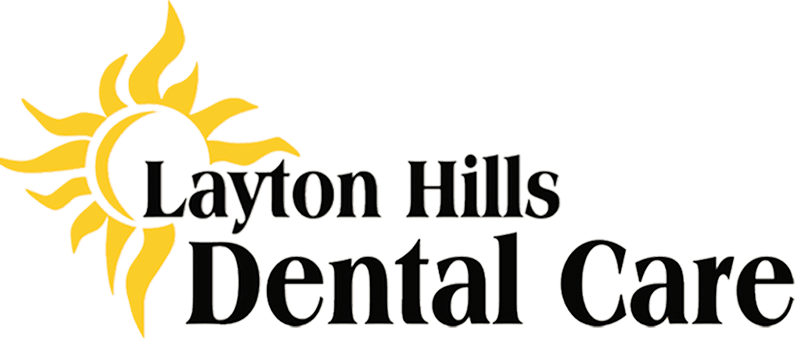Teeth 101
What is basic dental care?
Basic dental care involves brushing and flossing your teeth regularly, seeing your dentist and/or dental hygienist for regular checkups and cleanings, and eating a mouth healthy diet, which means foods high in whole grains, vegetables and fruits, and dairy products.
Why is basic dental care important?
Practicing basic dental care:
- Prevents tooth decay.
- Prevents gum (periodontal) disease, which can damage gum tissue and the bones that support teeth, and in the long lead to the loss of teeth.
- Shortens time with the dentist and dental hygienist, and makes the trip more pleasant.
- Saves money. By preventing tooth decay and gum disease, you can reduce the need for fillings and other costly procedures.
- Helps prevent bad breath. Brushing and flossing rid your mouth of the bacteria that cause bad breath.
- Helps keep teeth white by preventing staining from food, drinks, and tobacco.
- Improves overall health.
- Makes it possible for your teeth to last a lifetime.
Are there ways to avoid dental problems?
- Keeping your teeth and gums healthy requires good nutrition and regular brushing and flossing.
- Brush your teeth twice a day in the morning and before bed and floss once a day. This removes plaque, which can aged teeth, gums, and surrounding bone.
- Use a toothpaste that contains fluoride, which helps prevent tooth decay and cavities. Ask your dentist if you need a that contains fluoride or one with ingredients that fight plaque. Look for toothpastes that have been approved by the Dental Association.
- Avoid foods that contain a lot of sugar. Sugar helps plaque grow.
- Avoid using tobacco products, which can cause gum disease and oral cancer. Exposure to tobacco smoke (secondhand also may cause gum disease, as well as other health problems.
- Practice tongue cleaning. You can use a tongue cleaner or a soft bristle toothbrush, stroking in a back-to-front direction. cleaning is particularly important for people who smoke or whose tongues are coated or deeply grooved.
- Schedule regular trips to the dentist based on how often you need exams and cleaning.
When should my child start seeing a dentist?
By the time your child is 6 months of age, your doctor should assess the likelihood of your child having future dental problems. If he or she thinks your child will have dental problems, be sure your child sees a dentist before his or her first birthday or 6 months after the first primary teeth appear, whichever comes first. After your first visit, schedule regular visits every 6 months or as your dentist recommends.
Experts recommend that your child’s dental care start at 12 months of age.2 If your baby has dental problems caused by injury, disease, or a developmental problem, see your pediatric dentist right away.
Quick Contact
743 North King Street
Suite 300
Layton UT 84041
Office: 801-543-2273
After Hours Emergency: 801-543-2273
laytonhillsdentistry@gmail.com
Se Habla Espanol

Reviews
"Great place to have your teeth fixed. Just got a root canal and now I have no pain. Booked another appointment to get my wisdom teeth out. Really recommend this place."
"Dr Neville is awesome. I needed 3 crowns done, and he made sure I was comfortable, and did an amazing job. Can’t recommend him enough to all my family & friends!"
"Dr. Neville is a amazing dentist at a very reasonable cost that has been working with me and my family for years and always there when you need him thank you"
Contact Us Today!
